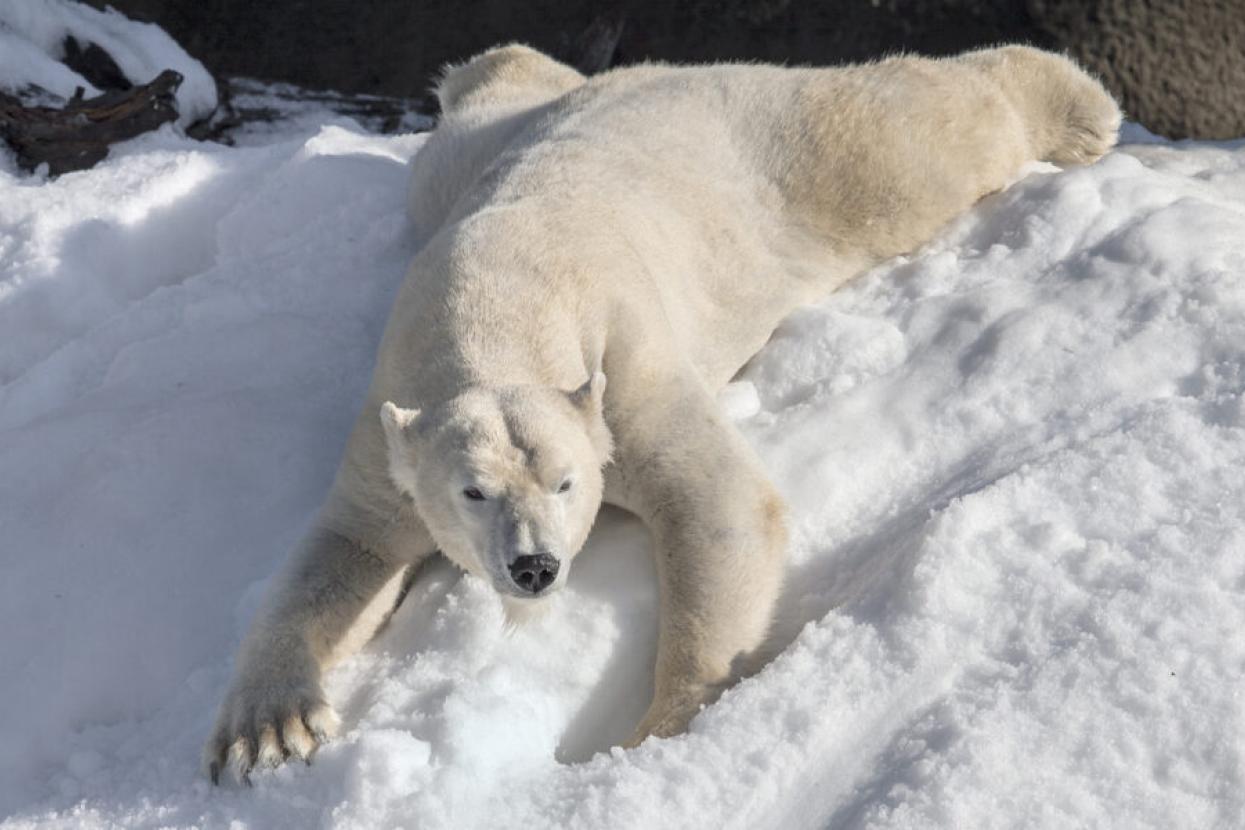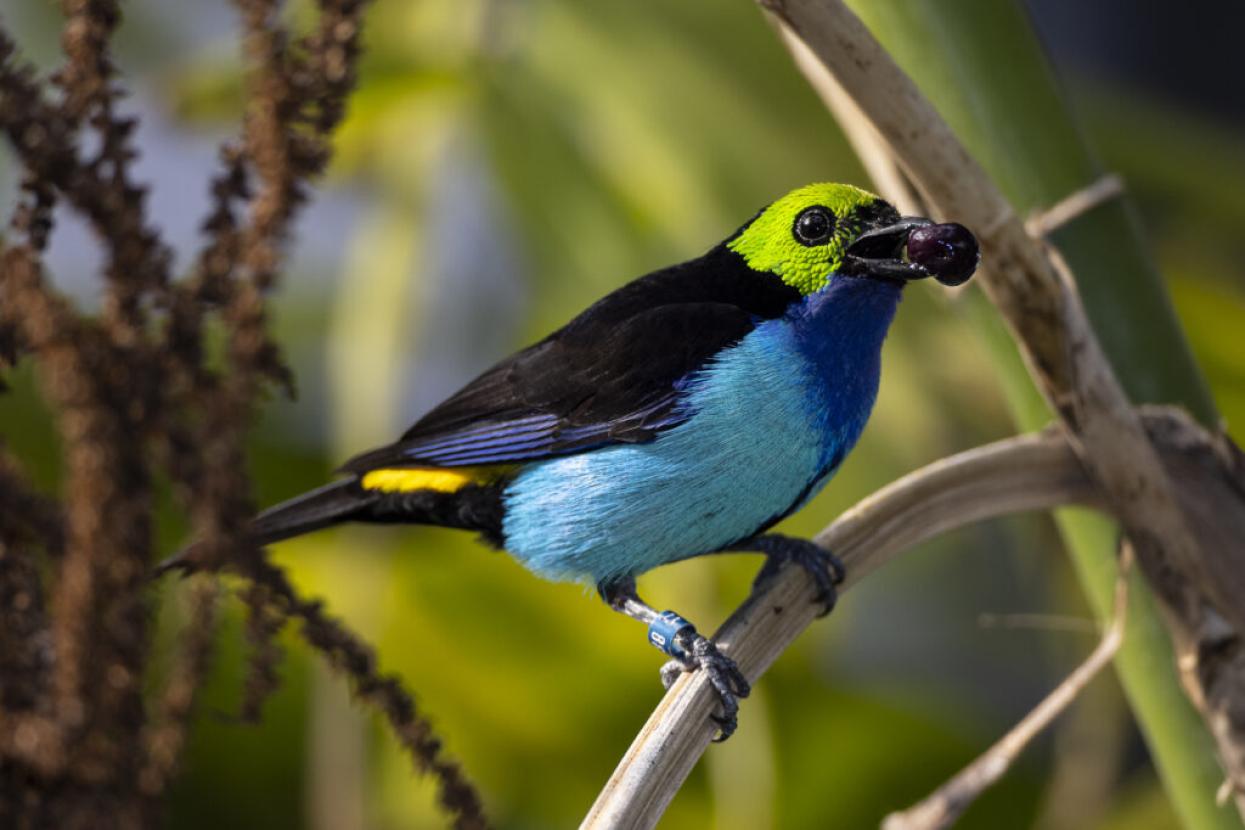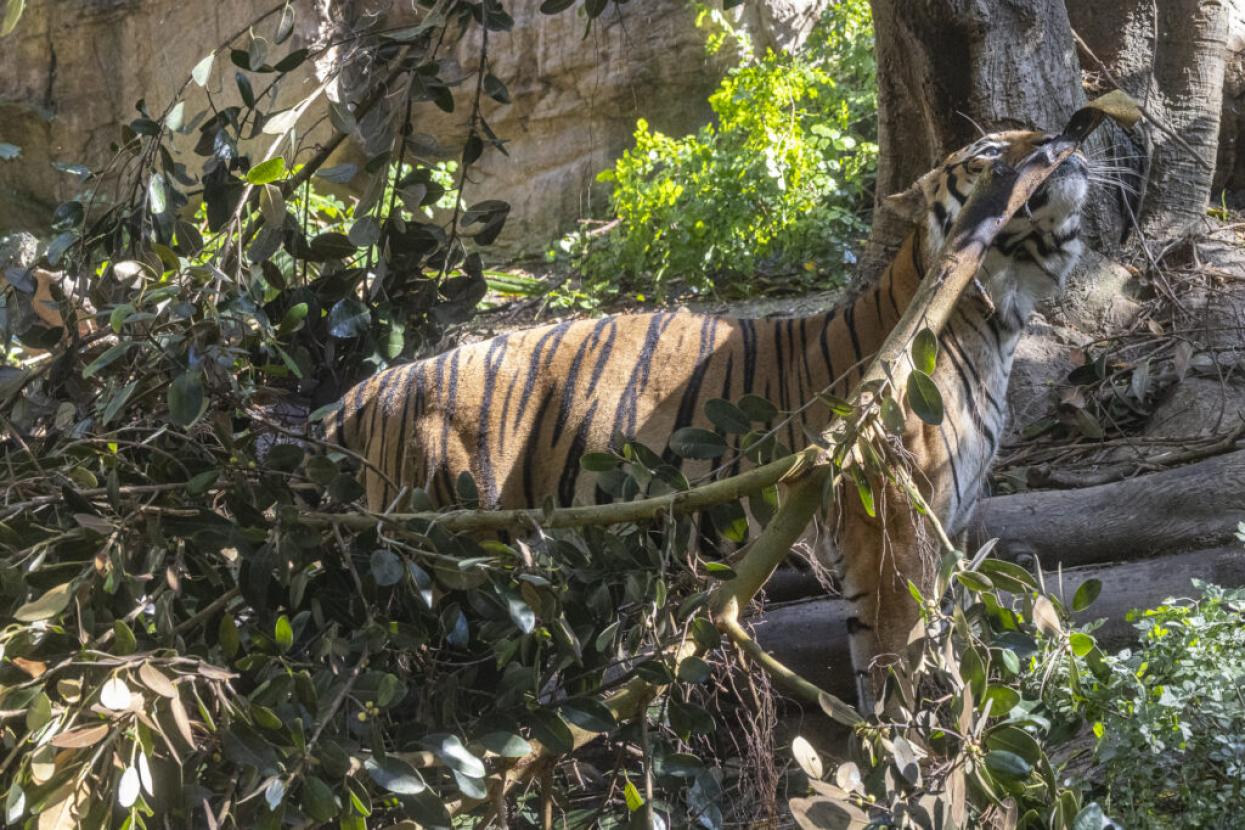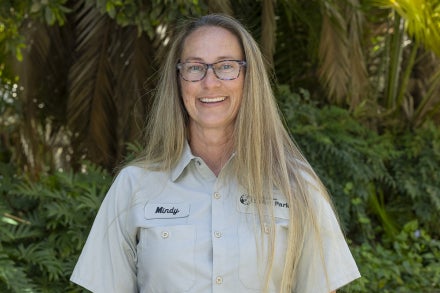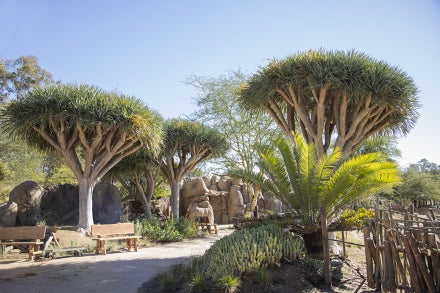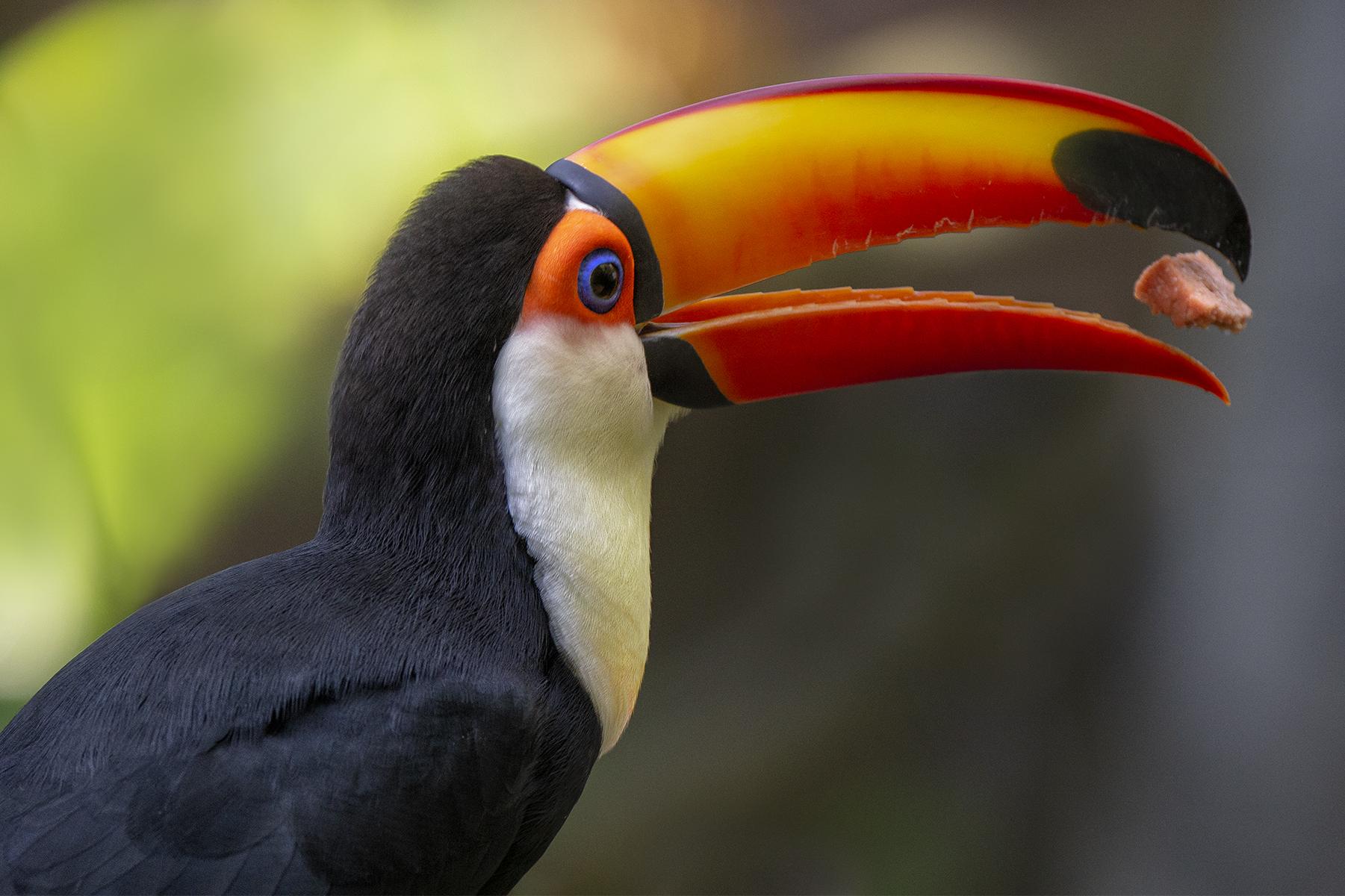
Wildlife are dynamic: their behavior and physiology change as they age, as they process new experiences, and in response to environmental cues. And because wildlife are dynamic, they require dynamic care. We implement the highest standards of wildlife well-being by looking at the full life story of each animal—considering events that happen from birth through adulthood, in both daily moments and across seasonal fluctuation. With this comprehensive picture in mind, we create holistic wildlife care approaches that meet the timely biological needs of each species.
The wildlife care we provide centers on a set of core welfare principles, developed by our team, that ensure every animal has opportunities to thrive—these include a balanced diet; a safe and supportive physical environment; efficient and effective health care; and the ability and control to express species-specific behaviors. These guiding principles are now recommended by the Association of Zoos and Aquariums, and we’re proud to be at the forefront of continuous innovation that elevates these opportunities for zoos and aquariums around the world.
At the San Diego Zoo, San Diego Zoo Safari Park, and our conservation centers outside of San Diego, our wildlife care begins with exceptional attention to detail on a daily basis. Expert teams prepare diets, maintain habitats, keep records, provide medical care, and monitor behavior for animals as diverse in species as they are in needs. All our care and health decisions are based on the best available scientific data.
The enriching experiences we provide for wildlife are also informed by research. These experiences are thoughtfully designed to encourage animals to utilize their natural skills and adaptations in suitable contexts. This means that we set up experiences for animals that allow them to express behaviors appropriate to their current life stage, environment, and time of year. For example, to encourage a herbivorous bird to forage for a fruit that ripens only in the spring, we might introduce cues (e.g., flowering buds and the smell of fruit) into the habitat over several days in April, and then culminate with distribution of the fruit in pertinent areas of the habitat (e.g., hanging from high branches). In this example, the bird would learn to interpret the cues, create an association with feeding, and employ the necessary skills (e.g., flying, searching, and picking) to obtain the fruit.
Layered experiences like this one are an integral part of our approach to care, and they are organically woven into our daily, monthly, or yearly care plans so that they occur as relevant events within each animal’s life history.
We’re pioneering the integration of enriching experiences into wildlife care. These efforts are spearheaded by the animal behavior experts of our Applied Wildlife Welfare team, in close collaboration with wildlife care specialists and wildlife health teams. This approach—known as Outcome-based Care—focuses on using animal behavior, as well as animals’ physical and cognitive adaptations, to inform care, and on fostering opportunities for wildlife to engage meaningfully with their environment. Outcome-based Care encourages both expression of innate behaviors and development of critical thinking skills to master learned behaviors.


